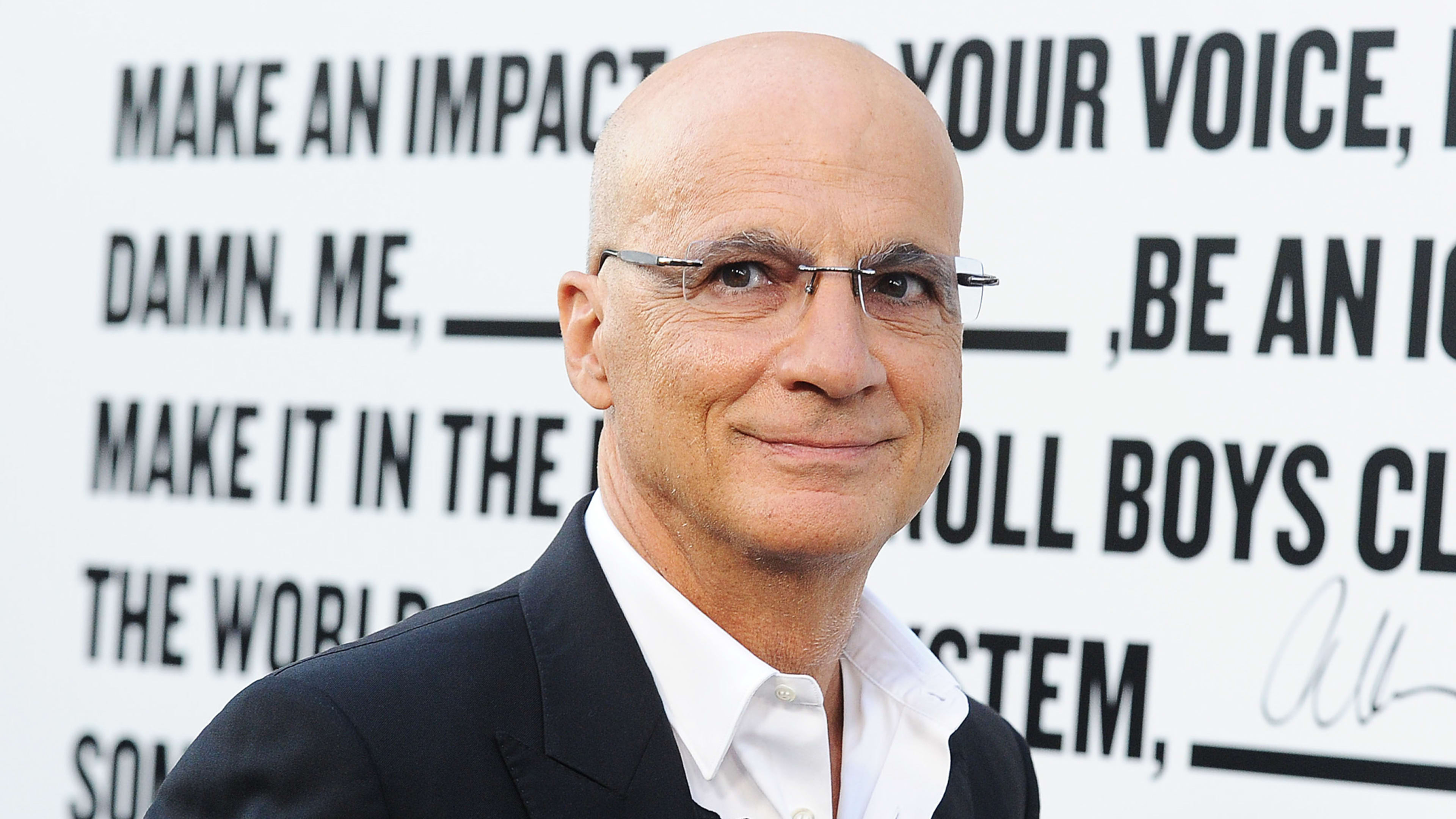The day that Jimmy Iovine’s Apple stock options vest, he’s heading for the exits, according to a report yesterday in Billboard.
Apple hasn’t confirmed the Beats cofounder’s departure, but it sounds accurate and not even very surprising. Iovine started Beats in 2008 with Dr. Dre. Iovine was also friends with Steve Jobs, and has helped Apple navigate the rocky waters of the music industry since before Apple bought Beats in 2014 for $3 billion.
By the time of the acquisition, Beats had itself expanded from headphones and small speakers into a subscription music service (on the strength of its MOG service acquisition). Some of that technology was used in Apple’s own subscription music service, Apple Music, which launched in 2015 and now has more than 30 million paid subscribers.
In theory, Iovine could have ongoing value to Apple in securing exclusive releases from high-profile artists for Apple Music. But labels aren’t wild about such arrangements (as Iovine has acknowledged), preferring to make major releases available on as many platforms as possible. Nor have exclusives proved to be a major factor in Apple Music’s growth. Moreover, Iovine may be able to help Apple with industry relationships whether he’s an employee or not. Apple Music has already had limited-time exclusives with Chance the Rapper, Drake, and Taylor Swift.
Iovine has been a very public face for Apple, but he has not emerged as a key influencer within Apple on hardware product direction–at least not publicly. Apple has continued selling Beats gear under its own brand, and, as far as we know, has not integrated much of the core Beats audio technology in other Apple products.
Apple has, however, baked its home-developed W1 audio chip into the Beats Studio 3 over-ear headphones. The chip is used to automatically pair the headphones with Apple devices and to enable better power efficiency.
Meanwhile Apple’s major challenge of making iTunes and Apple Music into one cohesive and easy-to-use software product remains undone. Apple is marketing its forthcoming HomePod smart speaker primarily as a premium home audio device, but Iovine’s role in shaping that device is unknown.
The next news item on Iovine will likely be a confirmation from Apple that he’s moving on, then another update on what the music exec is going to do next.
Recognize your brand's excellence by applying to this year's Brands That Matters Awards before the early-rate deadline, May 3.
